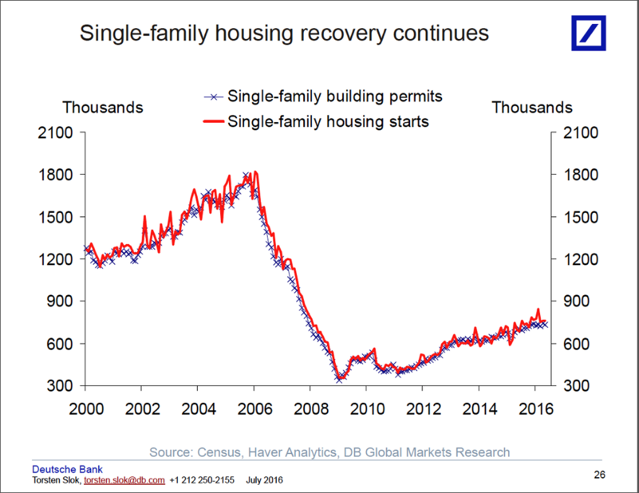Real estate continues its recovery, but there are still those that do not qualify for traditional bank financing, and while Minnesota contract for deed can be a great alternative, brokers do have a lot of questions.
With that in mind, we decided to put together a list of Realtor contract for deed FAQs to help all brokers navigate the buying process when using the contract for deed financing method.

What is a contract for deed?
A Contract for Deed is a tool that can allow buyers who either don’t qualify for traditional lending options or who want a faster financing option to purchase property.
“Under a Contract for Deed, the buyer makes regular payments to the seller until the amount owed is paid in full or the buyer finds another means to pay off the balance. The seller retains legal title to the property until the balance is paid; the buyer gets legal title to the property once the final payment is made. If the buyer defaults on the payments, the seller can repossess the property. In some states, a seller who repossesses a property must reimburse the buyer for the fair value of improvements to the house, as well as a reasonable amount for rent.” via rocketlawyer.com
Why present a MN contract for deed to my clients?
Contract for deed can work when you have clients that cannot qualify for conventional mortgage financing. This can happen because of:
- Job loss.
- Bad credit.
- High debt/income ratios.
- Small business ownership.
- Non-provable income.
- Previous BK.
- Previous foreclosure.
- No credit history.
- Unfriendly loan officers.
- Immigration issues.
- Tight lending environments.
How do I find sellers that want contract for deed financing?
A Google search will locate some of these—try Googling “homes for sale by owner mn”– but there are companies that will buy a property and then sell it to your client.

OK, my client found a seller? What do I do now?
If the seller is represented by a broker, contact that broker. You will want to protect your buyer by doing a title search. The seller should draft the actual contract for deed, and the buyer—that you represent—should retain an attorney that will read, comment and possibly suggest contact for deed revisions to better reflect the buyer’s interests. Once the seller and buyer agree on a contract for deed and its terms, you can schedule a closing. The buyer’s attorney can assist with this. If the seller is not represented by a broker, you may have to further assist with the mechanics of the sale, and it is then imperative that the Minnesota buyer retains a competent attorney.
My client found the perfect home, but can’t get financing. The seller won’t do a contract for deed. Is my deal dead?
This is a case where a company like C4D can help. Simply, C4D–of course after it completes its due diligence–can offer to buy the home from the seller. Then C4D can sell the home to your buyer with a Minnesota contract for deed. Follow these simple steps:
- Locate the property.
- Contact C4D.
- Assist your client with the C4D application process.
- If the deal is approved, closing can occur quickly.
What happens next?
You are paid your commission, your buyer moves in, and at the completion of the contract your buyer becomes a homeowner.
Who actually owns the home in the meantime?
As in all contract for deed sales, C4D, the owner, retains the deed until all payments have been made.
Who are the people at C4D? Are they wealthy investors or what? Where do they get cash to buy all of these homes?
C4D works with its own set of preferred lenders to finance contract for deed sales.
What makes C4D different? How do they work around things like due on sale clauses?
C4D’s lenders know and trust C4D, so the company’s lenders do not require due on sale clauses in any of their C4D loans.
As you can see, C4D is dedicated to help people make the transition from tenants to homeowners through the contract for deed process. Sure, traditional mortgages are great, but if you have a client that has problems qualifying, call C4D today!
